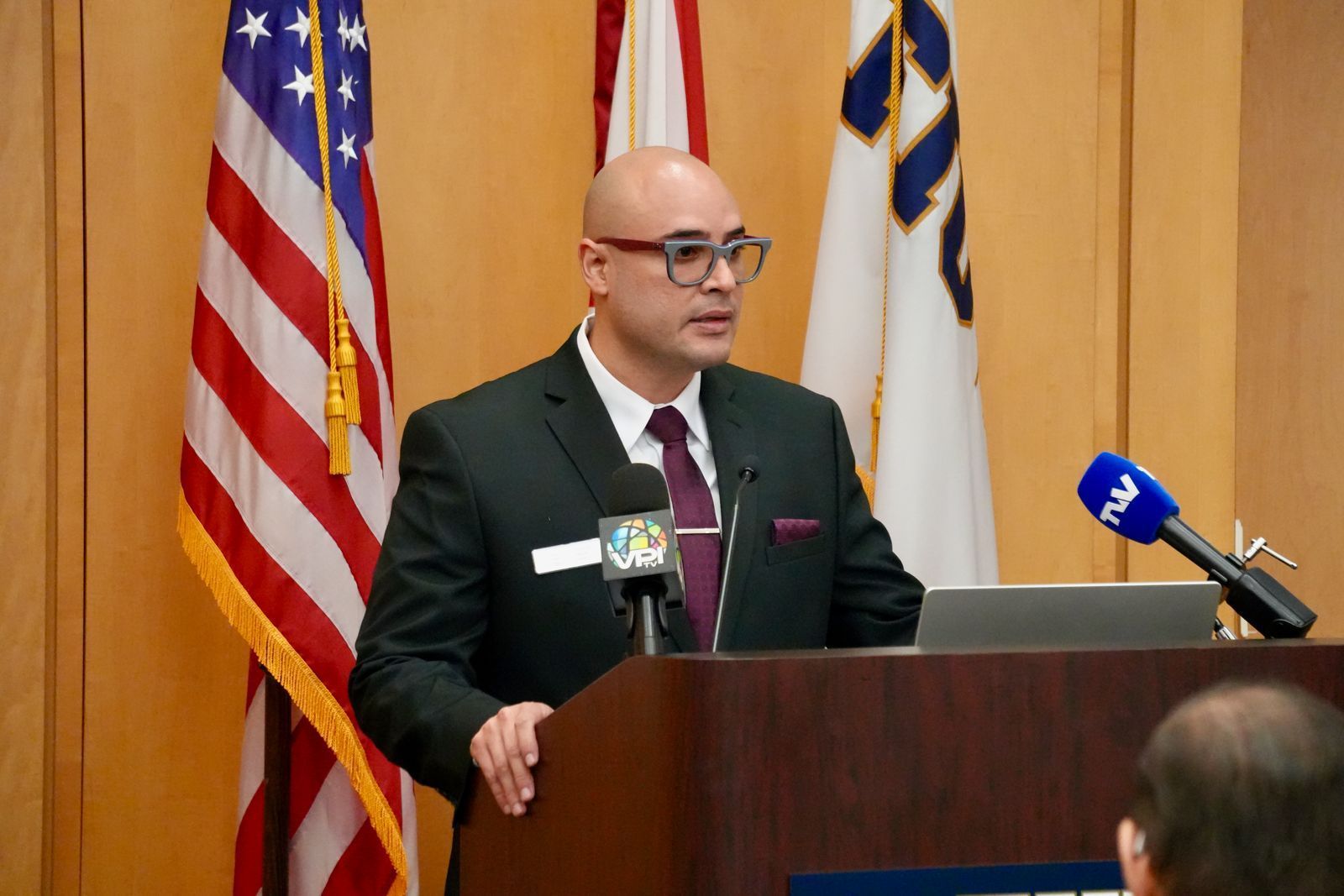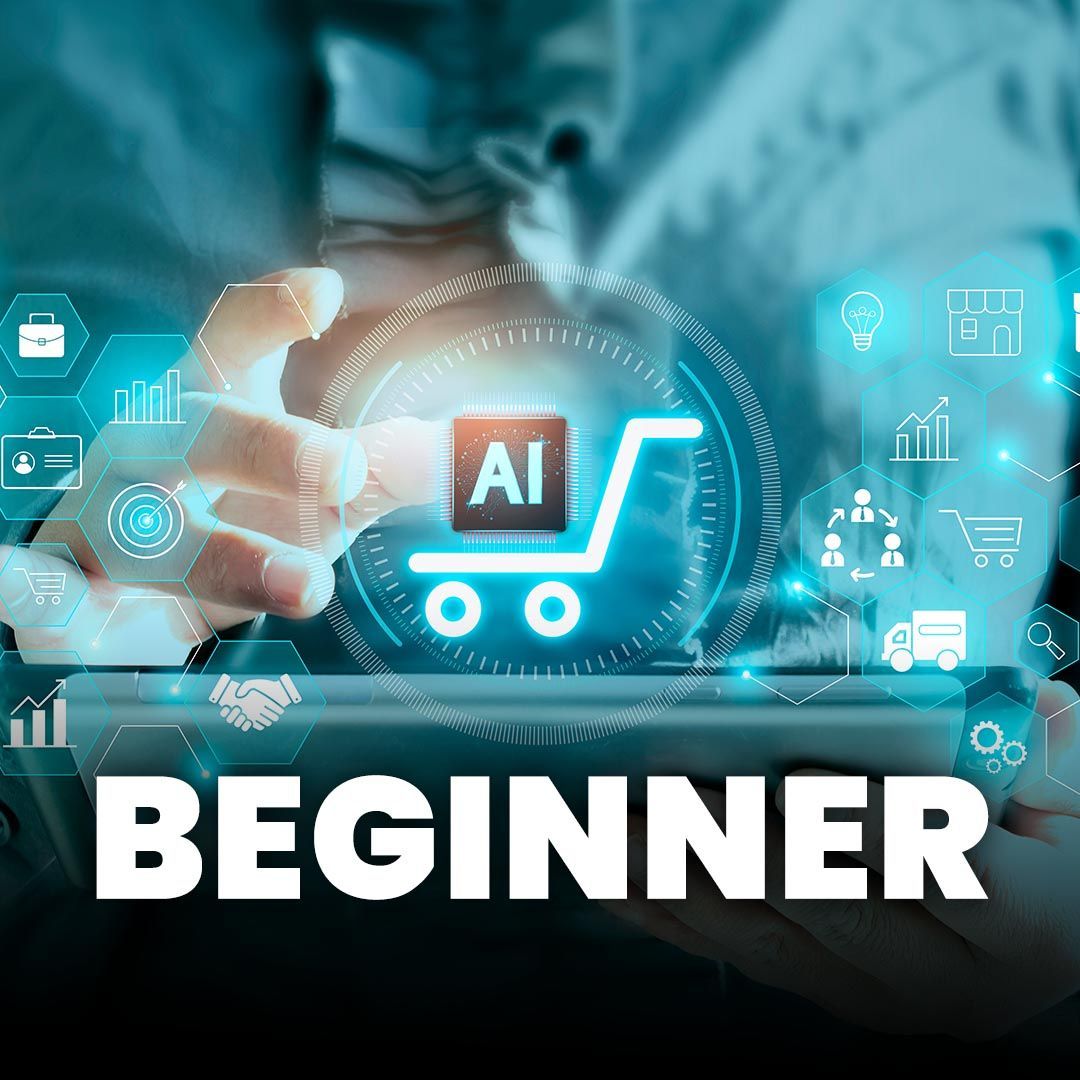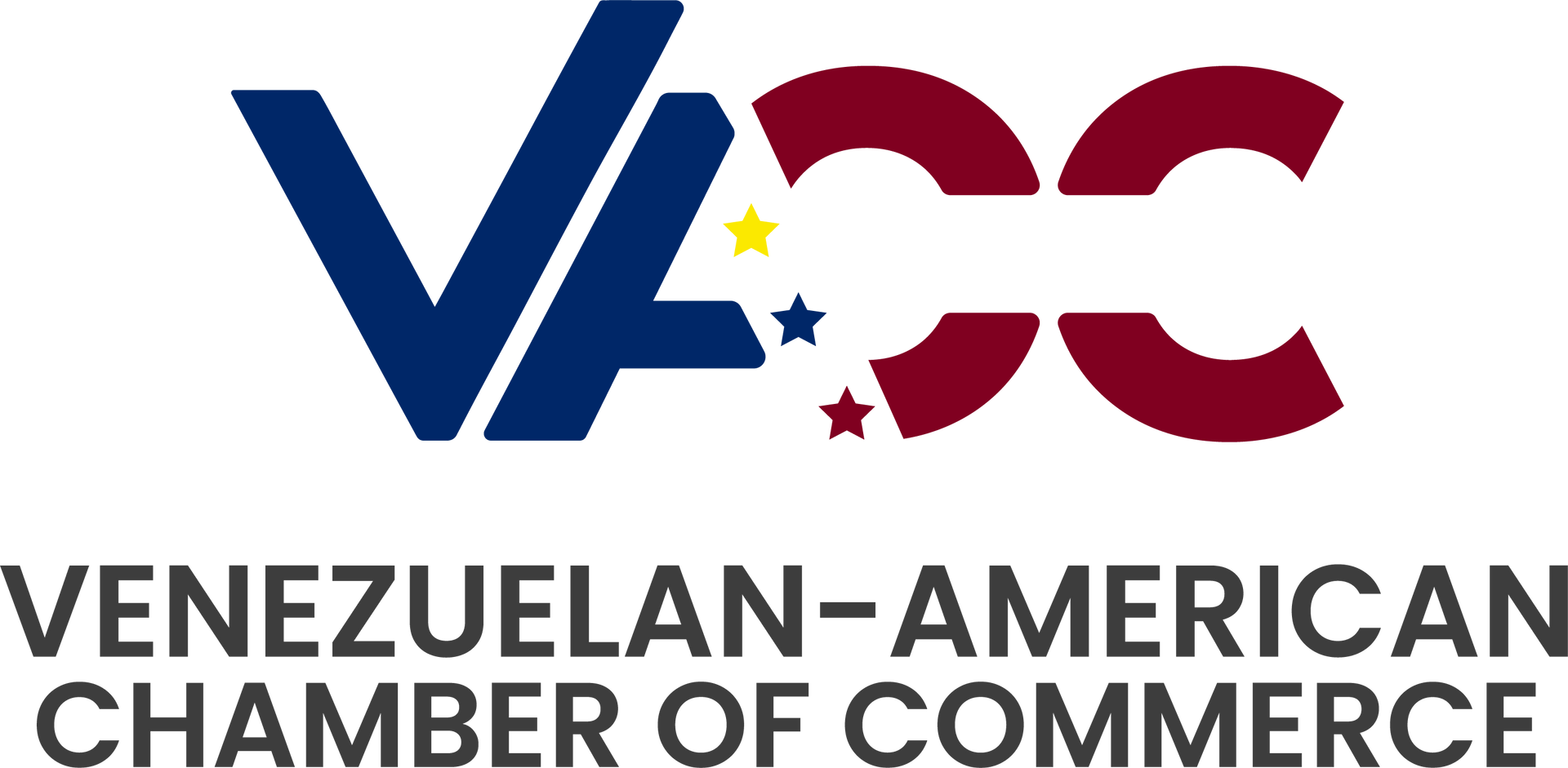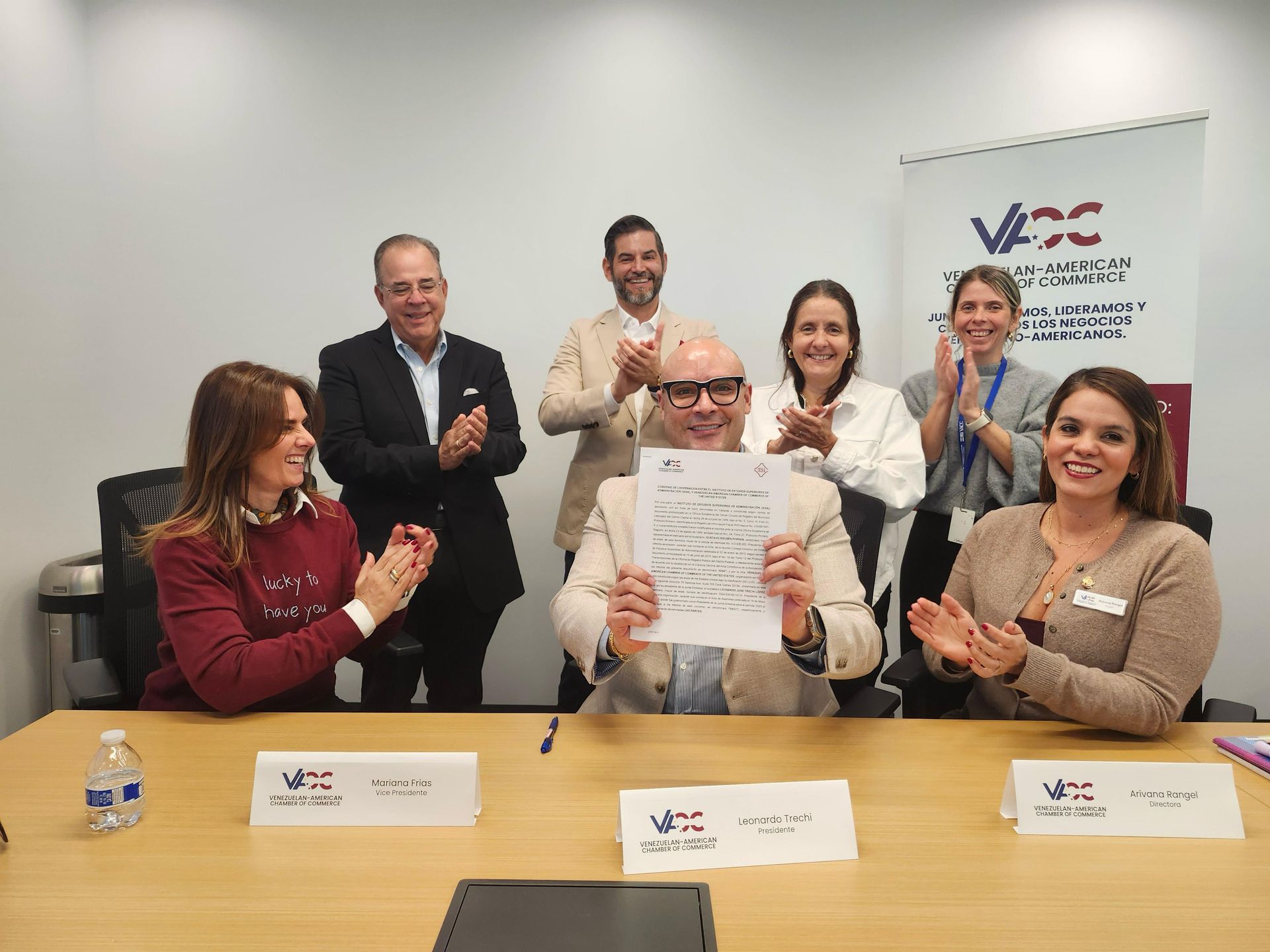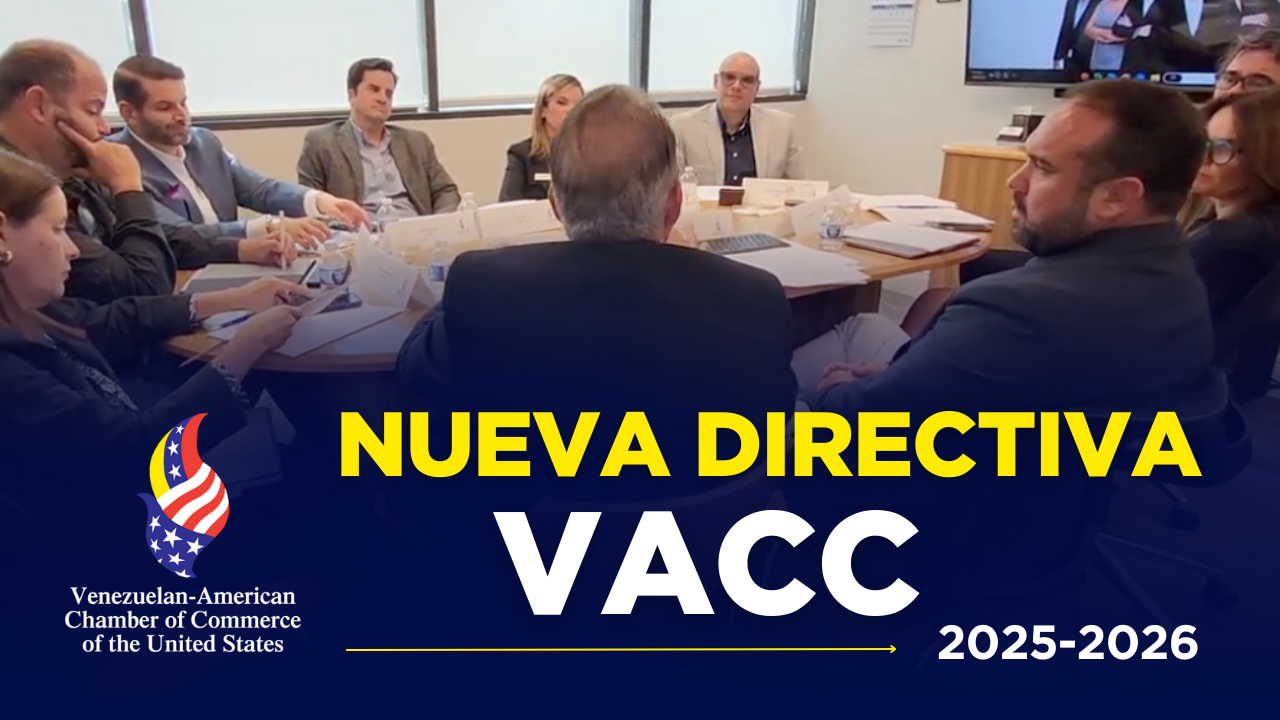Los alquileres suben en USA, ¿tienen sentido alquilar?

En toda familia latina o hispana, desde que nacemos se nos ha enseñado que lo más importante que todos podemos tener es un techo propio.
Esto además de darte tranquilidad es tu mejor inversión, y por otro lado siempre se ha dicho que pagar por alquiler es sinónimo de botar tu dinero.
Puesto que estarías pagando para que otro gane dinero mientras tu más bien no tendrías nada.
Ahora bien, vamos a retar este pensamiento y darle respuesta a esa gran interrogante:
¿Tiene sentido alquilar una vivienda? ¿Será siempre mejor comprar una casa?
Por supuesto que el primer reto que encontramos para darle respuesta a estas interrogantes es el extraordinario aumento que han tenido los cánones de arrendamiento de viviendas en los Estados Unidos.
Durante los años 2021 y el 2022, este incremento es de 49.8% en Miami, según un informe de realtor.com y promediando casi un 20% a nivel nacional y lo peor es que especialistas del sector inmobiliario dicen que esta tendencia continuará.
Por otra parte, vemos que las tasas de hipotecas están comenzando a subir de forma importante, recordando que en enero del 2021 llegaron a su mínimo histórico de 2,65%.
Lo cual no se había visto en los últimos 50 años, pero ya para abril del 2022, había subido mucho más de 4%.
Asimismo, la Reserva Federal ha comunicado claramente que va a continuar subiendo las tasas de interés a fin de ponerle un freno a alta inflación que se viene viviendo en USA.
Con lo cual menos personas tendrán la posibilidad de acceder a la compra de una vivienda puesto que las cuotas mensuales del pago de la hipoteca ya no serán tan económicas.
Entonces, como las hipotecas se van a poner más costosas, podemos pensar:
¿El precio de las viviendas bajará?
Según un informe realizado por Bank of America no hay esperanza de que en el corto plazo el precio de las viviendas tienda a bajar sustancialmente debido a que todavía existe un déficit de unos 5 millones de viviendas.
Muchos millennials ya no quieren vivir con sus padres y las líneas de producción a nivel mundial todavía se encuentra afectadas por el efecto de la pandemia y la guerra con Ucrania.
Por lo que más se piensa hasta que pudieran seguir subiendo un poco más.
Luego de leer esto muchos pudieran decir: ves por eso es que es mejor comprar tu vivienda y no botar el dinero pagando alquileres, pero te vamos a dar 6 claves para que puedas tomar esta decisión con mayor base y no simplemente por ser algo que siempre nos han dicho en nuestras familias que "alquilar es malo".
1. ¿Alquilar es botar el dinero?
Para responder esta interrogante te queremos hacer la siguiente pregunta:
¿Cuándo pides un vehículo alquilado sientes que estás botando tu dinero?
En muchos casos la respuesta más usual sería, por supuesto que no porque estoy pagando por usar por un tiempo el automóvil de otra persona para así lograr desplazarme por la ciudad y hacer todas las cosas que necesito.
Bueno en el caso del alquiler de una vivienda ocurre de la misma forma, estas pagando por una de las necesidades más importantes del ser humano la cual consiste en tener un techo donde dormir, vivir y estar con tu familia, entonces es sencillamente un servicio el cuál disfrutas y por ello y tienes que pagar.
2.- ¿Sabes si vas a vivir en esa casa por más de 3 o 5 años?
La pandemia nos enseñó que la movilidad es una clave fundamental, vimos como muchas personas que vivían en las grandes ciudades con el trabajo a distancia han preferido mudarse a sitios más remotos. Donde pueden tener una casa con patio, aunque de igual forma ahora que las ciudades vuelven a resurgir vemos que grandes empresas les están pidiendo nuevamente a sus empleados que regresen a las oficinas.
Siempre debes tomar en cuenta que comprar una nueva vivienda tiene una serie de costos que llegan a ser sumamente importantes, como son los trámites que realizas.
Hay que pedir que te otorguen el crédito, el monto que gastarás en remodelaciones o mejoras, también te darás cuenta de que necesitas nuevos muebles porque los que tenías antes no quedan bien en tu nueva casa.
Ni hablar de lo que pudiera pasar si tuvieras que vender tu casa al poco tiempo y nada más en la comisión del corredor inmobiliario tendrás que pagar más de un 5%.
En el estado de la Florida, lo que quiere decir que según Zillow el precio promedio de una vivienda en este estado es de $ 356.000 o sea ya por allí tendrías una pérdida de $17.800, sin incluir los otros costos que vas a tener.
3.- ¿Debe un inmigrante que recientemente llega a USA comprar una vivienda?
Pudiéramos pensar que no es la mejor decisión, tomando en cuenta que hay dos factores que jugarán contra del inmigrante:
a) Historial Crediticio:
Como estas llegando al país y todavía no tienes ni siquiera un número de Seguro Social. El cual lo usan las oficinas de crédito para saber si vas a ser una persona de buena o mala paga al momento de otorgarte un crédito o hipoteca para la compra de una casa. Por lo que sería como presentarte a un examen para cintas negras cuando apenas estás empezando con cinta blanca.
Trayendo como consecuencia que el monto que pagarás por tasa de interés va a ser mucho más alto y es mejor esperar hasta que tu "Credit Score" vaya mejorando y allí si puedas pedir una hipoteca a 30 o 15 años con una tasa fija.
b) El sitio donde vivas determina la escuela a la que asistirán tus hijos
Pudiera ser que como familia no se adapten o no les guste un colegio en particular y tengan que mudarse por este factor o sencillamente porque cambiaste de trabajo y con los precios tan altos de la gasolina tus gastos de traslado te obliguen a mudarte.
4.- ¿Cómo saber técnicamente si me conviene más alquilar o comprar?
Para dar respuesta a esta pregunta, tenemos que entrar en aguas un poco más profundas y resulta que existe un índice sumamente interesante que nos ayuda a entender si es bueno alquilar o comprar.
Se trata de la siguiente relación: debes dividir el precio de la vivienda que quieres comprar entre el monto que en cambio pagarías en alquiler por un año, y si el resultado de este indicador diera por encima de 15 los especialistas señalan que es mejor alquilar.
Si lo quieres ver como una formula, sería así: Precio de la vivienda / (alquiler mensual *12).
En este momento, si bien hemos dicho que la ciudad de Miami ha tenido un incremento enorme del monto que pagan las personas por alquiler.
También podemos ver que el indicador de Precio vs Alquiler se encuentra por encima de 48, siendo un valor muy por encima de 15 y los especialistas nos dirían que no es un buen momento para comprar, en el mundo de las inversiones eso sí sería un análisis completamente distinto y mucho más complejo.
5.- ¿Cuánto es lo máximo que debo dedicar de mi ingreso en alquiler?
En este punto hay una regla de oro que señala que no deberías de gastar más del 30% de tu ingreso en un alquiler, siendo esto lo único que te permitirá ahorrar en el futuro e invertir tu dinero para que crezca en el tiempo.
Lamentablemente en la actualidad esta es una de las reglas que la gran mayoría tiende a faltar, representando el monto de alquiler más de un 50% de su ingreso.
En muchas familias limitan así su capacidad de ahorrar y se exponen a gastos inesperados, que terminan incrementando el saldo de tu tarjeta de crédito.
6.- ¿Pero entonces es mejor alquilar o comprar?
Como vemos la respuesta responderá siempre a muchos factores personales, pero para darte mayores herramientas que te ayuden a tomar una decisión es importante que te hagas la siguiente pregunta:
¿Qué tan estricto y planificado eres con tus gastos?
Con ello queremos decir lo siguiente:
Si eres una persona que mes a mes sabe cuánto gasta y puede determinar que le queda un remanente mensual y ese monto sabe que no va a sucumbir a las tentaciones del consumismo.
Y más bien lo puedes ahorrar para ser invertido en un portafolio de inversiones que crezca por unos 20 años o más, pudiera ser una buena opción el invertir y más bien estar alquilado.
Dejando que ese dinero crezca en el tiempo para ti y cuando te vayas a jubilar tendrás la posibilidad de comprar una casa o tener dinero disponible para tu jubilación.
Ahora bien, si ni siquiera llevas un control de cuánto gastas cada mes y sabes que si tuvieras un dinero extra más bien lo gastarías hoy porque no sabes si llegarás a viejito…
En ese caso el tener una deuda hipotecaria producto de la compra de una vivienda te va a servir como una camisa de fuerza que hace que todos los meses tengas que pagar la hipoteca.
De esa forma ir construyendo un patrimonio con el valor de tu casa en el futuro y por supuesto si te queda algo cada mes no dejes de invertirlo en un portafolio diversificado.
En conclusión, hay muchos factores que toman parte en una decisión de este tipo, por lo que es allí donde un Planificador Financiero Certificado puedo ayudarte a tomar una decisión modelando con herramientas profesionales los distintos escenarios para determinar cuál es el que más te conviene.
Breve Biografía del Autor:
Alonso Rodríguez Segarra
CFP ®, Fundador & CEO Advise Financial
Alonso, reconocido como el primer venezolano en obtener la prestigiosa certificación de "CERTIFIED FINANCIAL PLANNER™" en USA. Comprometido como asesor financiero para latinos, con más de 20 años de experiencia en el mundo de las finanzas, siempre trabajando bajo el criterio fiduciario.
Rents go up in the USA, does it make sense to rent?
By Alonso Rodríguez Segarra
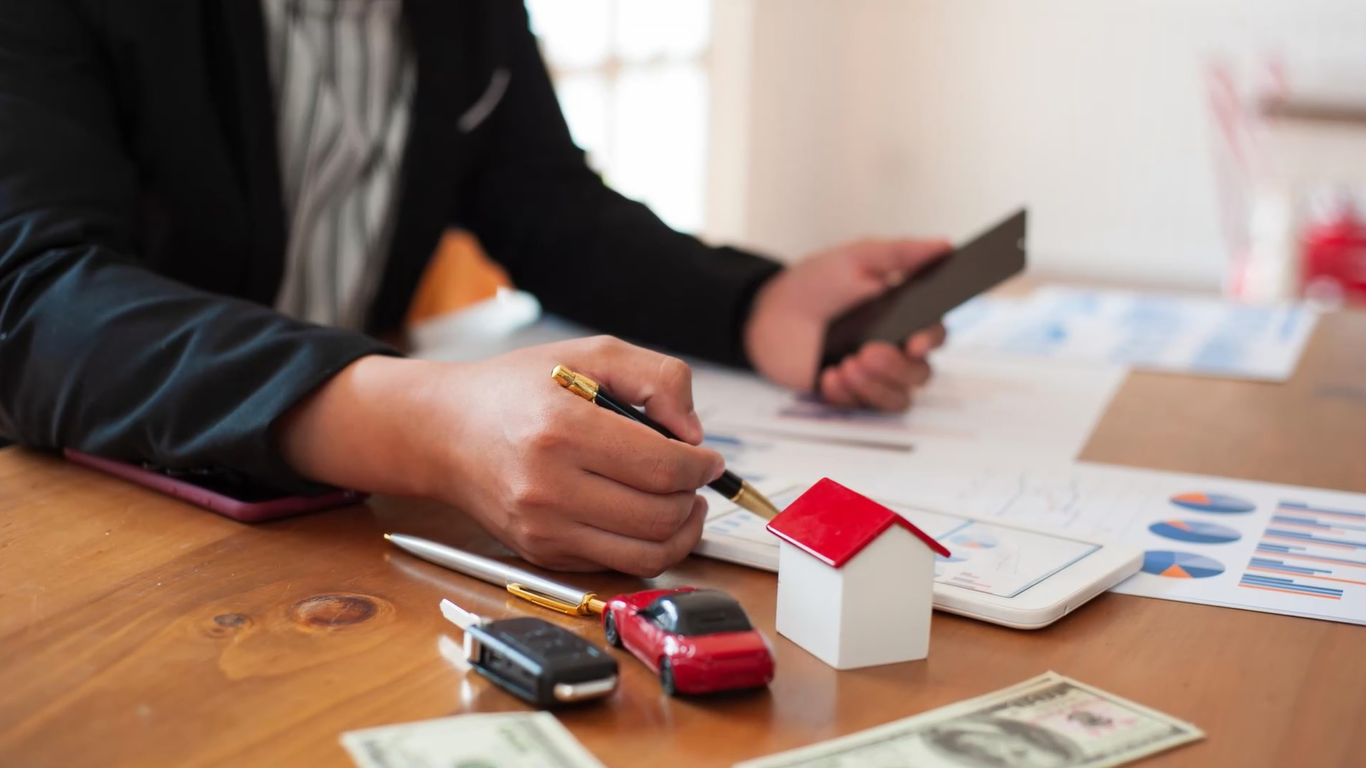
In every Latino or Hispanic family, since we were born, we have been taught that the most important thing we can all have is a roof of our own.
In addition to giving, your peace of mind is your best investment, and on the other hand it has always been said that paying for rent is synonymous with throwing away your money.
I think you would be paying for someone else to make money while you wouldn't have anything.
Now, let's challenge this thought and answer that big question:
Does it make sense to rent a home? Will it always be better to buy a house?
Of course, the first challenge we encounter in answering these questions is the extraordinary increase in housing rental fees in the United States.
During the years 2021 and 2022, this increase is 49.8% in Miami, according to a report by realtor.com and averaging almost 20% nationally and the worst thing is that real estate specialists say that this trend will continue.
On the other hand, we see that mortgage rates are beginning to rise significantly, remembering that in January 2021 they reached their historical low of 2.65%.
The one that had not been seen in the last 50 years, but by April 2022, it had risen much more than 4%.
Likewise, the Federal Reserve has clearly communicated that it will continue to raise interest rates to put a brake on high inflation that has been experienced in the United States.
However, fewer people will have the possibility of accessing the purchase of a home since the monthly installments of the mortgage payment will no longer be so economical.
So, as mortgages are going to get more expensive, we can think:
Will the price of homes go down?
According to a report by Bank of America there is no hope that in the short term the price of homes will tend to fall substantially because there is still a deficit of about 5 million homes.
Many millennials no longer want to live with their parents and production lines worldwide are still affected by the effect of the pandemic and the war with Ukraine.
So, more is thought until they could continue to climb a little more.
After reading this many could say: you see why it is better to buy your home and not throw away the money paying rents, but we are going to give you 6 keys so that you can make this decision with greater basis and not simply because it is something that we have always been told in our families that "renting is bad".
1. Is renting money?
To answer this question, we want to ask you the following question:
When you order a rented vehicle do you feel that you are throwing away your money?
In many cases the most usual answer would be, of course, not because I am paying to use someone else's car for a while to get around the city and do all the things I need.
Well in the case of renting a house it happens in the same way, you are paying for one of the most important needs of the human being which consists of having a roof over your head, living and being with your family, then it is simply a service which you enjoy and for that and you must pay.
2.- Do you know if you are going to live in that house for more than 3 or 5 years?
The pandemic taught us that mobility is a fundamental key, we saw how many people who lived in large cities with remote work have preferred to move to more remote places.
Where can have a house with a patio, even so now that cities are resurgent, we see that large companies are again asking their employees to return to the offices.
You should always consider that buying a new home has a series of costs that become extremely important, such as the procedures you carry out.
You have to ask to be granted the credit, the amount you will spend on remodeling or improvements, you will also realize that you need new furniture because the ones you had before do not look good in your new house.
Not to mention what could happen if you had to sell your house shortly after and nothing else in the commission of the real estate broker you will have to pay more than 5%."
In the state of Florida, which means that according to Zillow the average price of a home in this state is $ 356,000 or that is already there you would have a loss of $ 17,800, not including the other costs you will have.
3.- Should an immigrant who recently arrives in the USA buy a home?
We might think that it is not the best decision, considering that there are two factors that will play against the immigrant:
a) Credit History:
You're coming to the country, and you still don't have a Social Security number.
Which is used by credit bureaus to know if you are going to be a person of good or bad pay at the time of granting you a credit or mortgage for the purchase of a house.
So, it would be like taking a black ribbon exam when you're just starting out with white tape.
Consequently, the amount you will pay per interest rate will be much higher and it is better to wait until your "Credit Score" improves and there if you can ask for a 30- or 15-year mortgage with a fixed rate.
b) Where you live determines the school your children will attend
It would be possible that as a family they do not adapt or do not like a particular school and have to move because of this factor or simply because you changed jobs and with the high prices of gasoline your travel expenses force you to move.
4.- How do I know technically if it is better for me to rent or buy?
To answer this question, we have to enter a little deeper water and it turns out that there is an extremely interesting index that helps us understand if it is good to rent or buy.
It is the following relationship: you must divide the price of the house you want to buy by the amount that you would pay in rent for a year, and if the result of this indicator were above 15 specialists point out that it is better to rent.
If you want to see it as a formula, it would be like this: House price / (monthly rent *12).
At this time, although we have said that the city of Miami has had a huge increase in the amount that people pay for rent.
We can also see that the Price vs Rent indicator is above 48, being a value well above 15 and specialists would tell us that it is not a good time to buy, in the world of investments that would be a completely different and much more complex analysis.
5.- How much is the maximum I should dedicate of my rental income?
At this point there is a golden rule that states that you should not spend more than 30% of your income on a rental, this being the only thing that will allow you to save in the future and invest your money so that it grows over time.
Unfortunately, at present this is one of the rules that the vast majority tends to lack, representing the amount of rent more than 50% of their income.
Many families thus limit their ability to save and expose themselves to unexpected expenses, which end up increasing the balance of your credit card.
6.- But then is it better to rent or buy?
As we can see the answer will always respond to many personal factors, but to give you greater tools to help you decide it is important that you ask yourself the following question:
How strict and planned are you with your expenses?
On this we mean the following:
You are a person who month by month knows how much he spends and can determine that he has a monthly remnant left and that amount knows that he will not succumb to the temptations of consumerism.
And rather you can save it to be invested in an investment portfolio that grows for about 20 years or more, it could be a good option to invest and rather be rented.
Giving that money to grow over time for you and when you go to retire you will have the possibility to buy a house or have money available for your retirement.
Now, if you do not even keep track of how much you spend each month and you know that if you had extra money, you would spend it today because you do not know if you will get old ...
In that case, having a mortgage debt product of the purchase of a home will serve as a straitjacket that makes you have to pay the hypotheca every month.
That way goes building a heritage with the value of your house in the future and of course if you have something left every month do not stop investing it in a diversified portfolio.
In conclusion, there are many factors that take part in a decision of this type, so that is where a Certified Financial Planner can help you decide by modeling with professional tools the different scenarios to determine which one is best for you.
Brief Biography of the Author:
Alonso Rodríguez Segarra
CFP ®, Founder & CEO Advise Financial
Alonso, recognized as the first Venezuelan to obtain the prestigious certification of "CERTIFIED FINANCIAL PLANNER ™" in the USA. Committed as a financial advisor for Latinos, with more than 20 years of experience in the world of finance, always working under fiduciary criteria.

